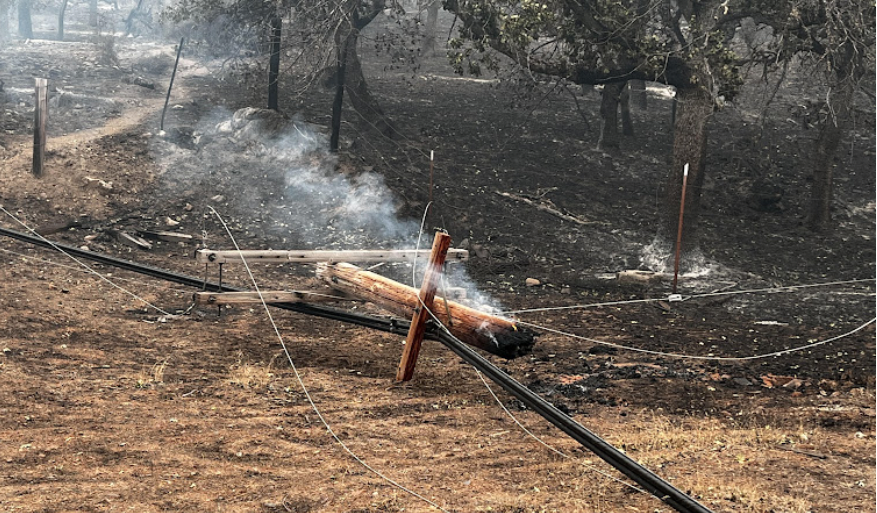Access to communications technology is critical infrastructure
I am writing this as my company is in the middle of a state of emergency here in northern California, right up against the Oregon border, where we are seeing a serious loss of homes, infrastructure, and lives. There is no one to blame, it is part of the risks of living in rural America. What we can do is leverage these tragic events as opportunities to learn and improve.

I am teased often and sometimes joke about it myself, the fact that my rural telephone company still offers a landline, however that landline may have just saved lives in our rural region. Something we all should take note of and remember as we determine the future of our communications infrastructure across America.
The way I see it, there is no silver bullet that will solve our country’s communications challenges, rather it will take a multitude of solutions to make significant inroads (lots of tools in our toolbox). In order for that to happen, private agendas need to be set aside and we need to rally around a national focused mission and vision.
Perhaps that is to ensure every citizen of our country has access to scalable, reliable, affordable communications technology. Where we hit snags is when we get caught in the finer points of that statement. We seem to always get bogged down on the perfect definition of scalable, reliable, and affordable (sometimes justified, but most times done to stall progress).

The fact is, there is no perfect definition that will address these for all regions of our country, short of mandating fiber to every home and that beast is a financial discussion that is not easily digestible. The other challenge here is that government is not great at making these decisions for us as a country, they tend to err on the safe side and not cause waves, as waves create disputable policy.
Fear is not going to get our issues fixed — we need leadership and vision.
I remember my first month working in government policy and being directed to focus on what I could not or should not do rather than on building a strong program. That was my first introduction to “public service.” However, my task was to build an office for the state that would close the digital divide. That task, if done ‘right,’ would require creating challenging conversations and controversial solutions (winners and losers). This may be why we as a country are still trying to solve the homework gap?
In my opinion, private sector businesses end up succeeding because they are not afraid to fail, and they are not afraid to build a mission/vison and do everything they can to see that mission/vision accomplished despite the heat and controversy.
Let’s shoot for the moon and if we land a little short, at least we are focused on a shared goal and will outperform our small accomplishments of the past. Let’s start with a few more yeses, and how, versus no way.
By Russell G. Elliott, Siskiyou Telephone. CEO


Advertisement